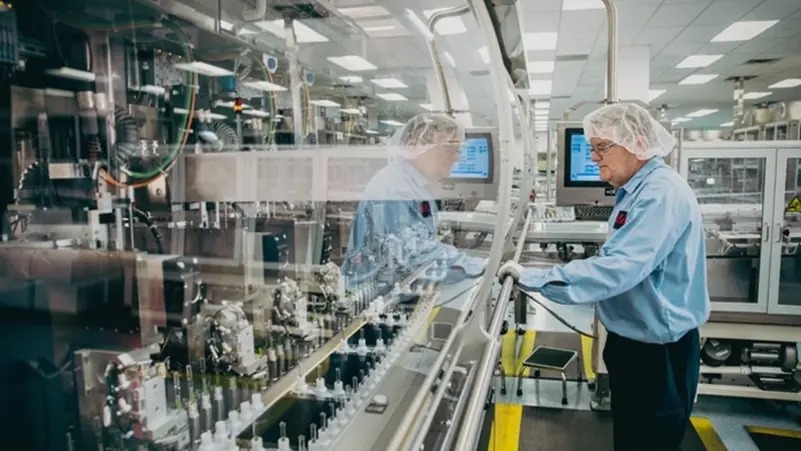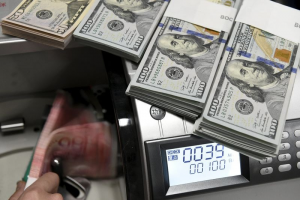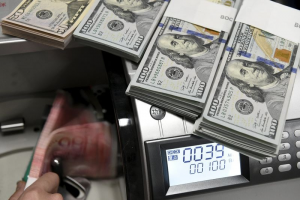The U.S. manufacturing sector edged closer to recovery in December as production rebounded and new orders increased further. However, the outlook remains uncertain amid concerns over potential tariff hikes that could drive up the cost of imported raw materials.
Despite the Institute for Supply Management’s (ISM) Purchasing Managers’ Index (PMI) rising to its highest level in nine months, the report's commentary on future expectations was less optimistic. Responses included mentions of "lower volumes" and "significant slowing." None of the six major industries reported growth last month.
Sal Guatieri, a senior economist at BMO Capital Markets, noted, "Manufacturers ended the year with a hint of optimism, but they may face some tough challenges in the new year."
Economic Struggles Loom as U.S. and China Prepare for Trade Tensions
The ISM reported on Friday that the manufacturing PMI rose to 49.3 in December, up from 48.4 in November, marking its highest reading since March. A PMI reading below 50 indicates contraction in the manufacturing sector, which accounts for 10.3% of the U.S. economy.
December marked the ninth consecutive month with a PMI reading below 50. Economists polled by Reuters had expected the PMI to remain steady at 48.4.
Seven industries, including primary metals, electrical equipment, appliances, components, paper products, and miscellaneous manufacturing, reported growth in December. Meanwhile, seven others, including textile mills, machinery, and transportation equipment, reported contraction.
Signs of Optimism in Some Sectors
There was optimism among manufacturers of electrical equipment, appliances, and components, with some noting, "Increased new orders have kept our plant running at full capacity."
Manufacturers of miscellaneous goods highlighted a "combination of seasonal factors along with increased demand expectations for 2025."
The ISM’s new orders index climbed to 52.5 in December from 50.4 in November, marking the first growth in orders since March. Six industries, including electrical equipment, appliances, components, primary metals, and miscellaneous manufacturing, reported growth in new orders.
Federal Reserve Eases Monetary Policy
Last month, the Federal Reserve cut its benchmark interest rate by 25 basis points to a range of 4.25%–4.50%. This marked the third consecutive rate cut since the Fed began its monetary easing cycle in September.











